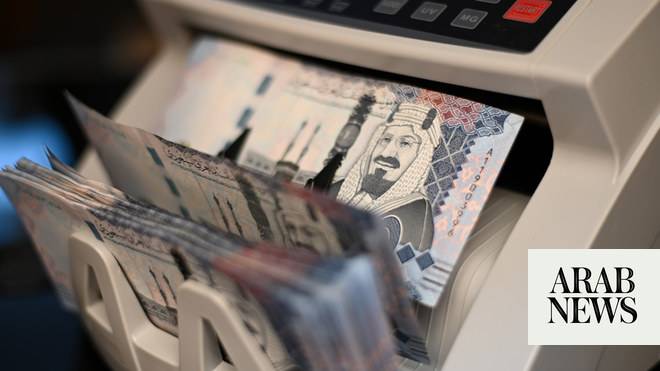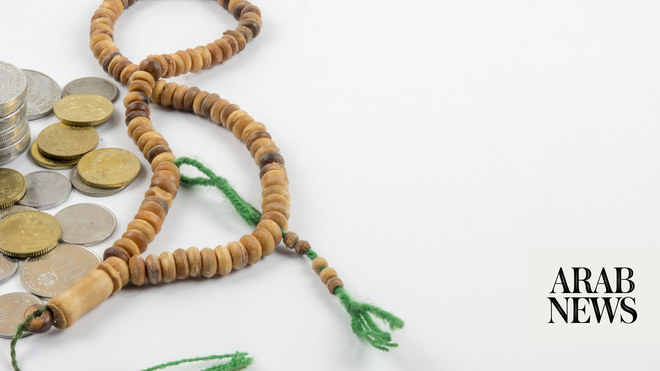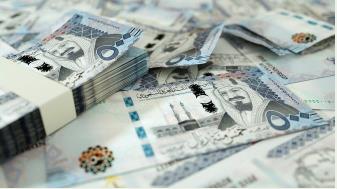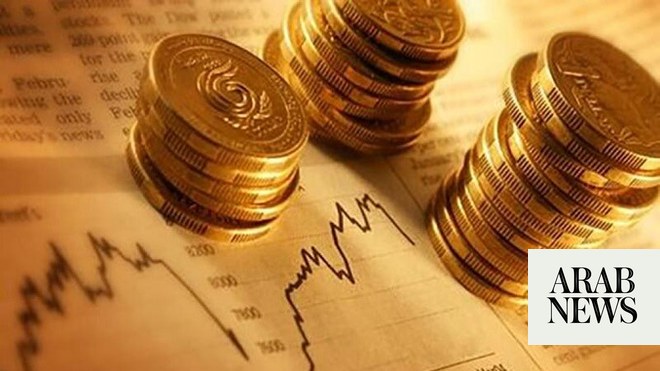
RIYADH: Saudi Arabia’s National Debt Management Center has closed the issuance of SR3.09 billion ($824 million) SR-denominated sukuk in August.
The total value of bids stood at nearly SR5.08 billion, NDMC said in a statement.
The sukuk offering was divided into three tranches.
The first tranche has a size of SR1.69 billion maturing in 2027, while the second amounts to SR1.3 billion, which will mature in 2030.
The third tranche has a size of SR100 million, maturing in 2034.
Saudi Arabia’s cumulative public indebtedness stood at SR966.5 billion by the end of the second quarter of 2022, according to data from the Ministry of Finance.
The aggregate public debt consisted of SR604.8 billion of domestic debt, and SR361.8 of the external debt.
Public debt in the Kingdom saw a SR7.9 billion increase from the first quarter to the second quarter of this year, according to data compiled by Arab News.
While domestic debt in Saudi Arabia rose by SR25.4 billion, external debt dropped by SR17.5 billion in the second quarter compared to the first of this year.
At the end of 2021, the country’s cumulative indebtedness amounted to SR938 billion, which accounted for 30 percent of Saudi Arabia’s gross domestic product, NDMC data showed.
During the COVID-19 pandemic in 2020, the debt accounted for 32.4 percent of GDP totaling SR853 billion.
The years 2019, 2018 and 2017 showed a total debt of SR677.9 billion, SR560 billion and SR443.3 billion accounting to 22.5, 18.29, and 17.17 percent of total GDP in the Kingdom respectively.
The data showed that the Kingdom’s indebtedness from their total GDP saw a strict increase from 2015 until the pandemic struck in 2020, and has taken a downturn for the first time in the post-pandemic years.
As for the issuance size of sukuk, they stood at SR157.9 billion in 2021, with a repayment amount of SR 73.4 billion, according to the NDMC data.
The issuance size in 2020 recorded SR220 billion, with a repayment amount of SR44.4 billion, according to data from the NDMC.
“Energy transition in core Islamic finance countries, and increased ESG awareness among regional issuers, along with improved automation through fintech solutions are expected to support the growth of the sukuk market,” according to Mohamed Damak, senior director of financial services in S&P Global Ratings.
Damak identified several factors that will promote stable issuance volumes in the near future.
These include lower financing needs in some core Islamic finance countries, scarcer and more expensive liquidity, and increasing complexity which deter issuer and investor’s appetites.
Furthermore, higher Environmental Social Governance awareness that would drive a gradual increase in issuance volumes, and digital sukuk that could lead to a smoother issuance process are additional factors that would promote stability.












